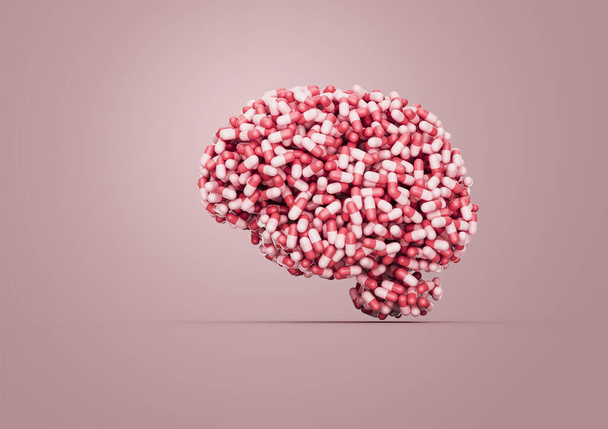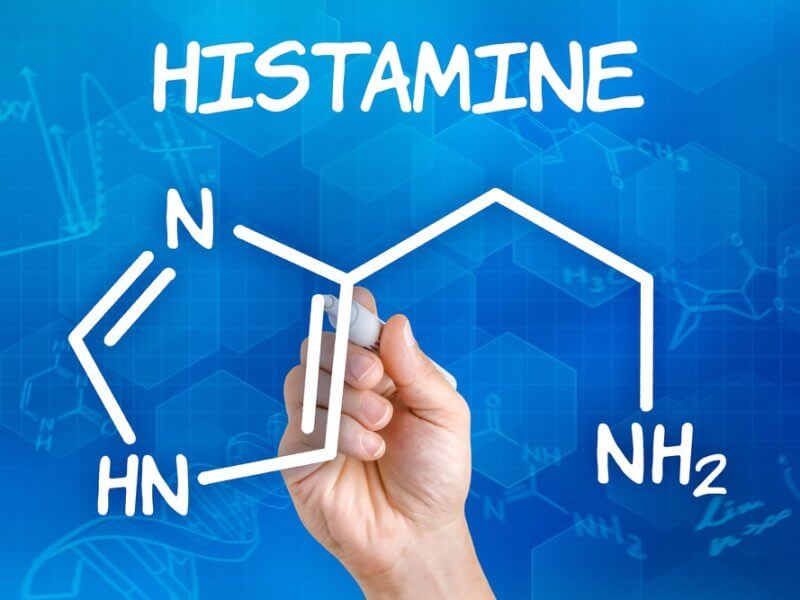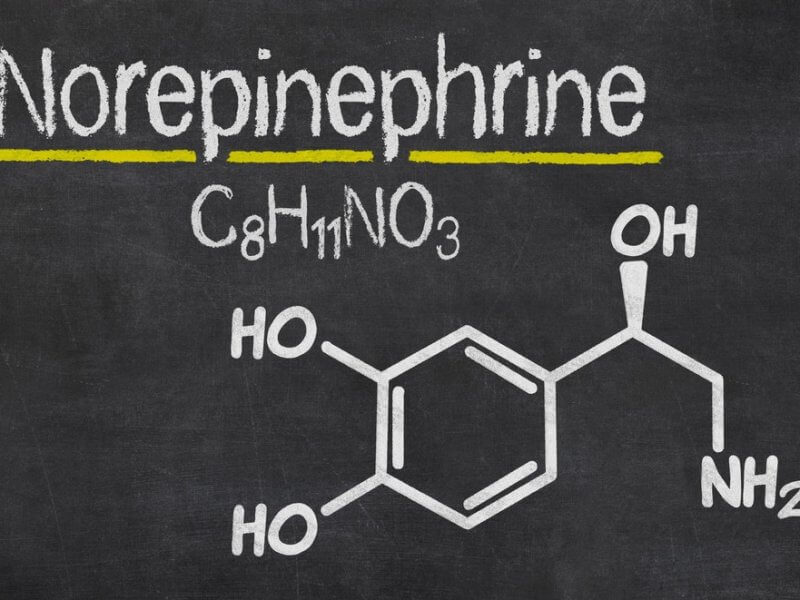Last Updated on 17/02/2025 by James Anderson
Modafinil in Psychiatric Disorders
Modafinil, originally developed as a treatment for narcolepsy, has gained attention for its potential applications in psychiatric disorders. This unique eugeroic (wakefulness-promoting agent) has been studied for its impact on various mental health conditions, offering promising benefits for individuals suffering from depression, attention-deficit/hyperactivity disorder (ADHD), schizophrenia, and bipolar disorder.
Modafinil and Depression
Clinical research has shown that modafinil can be a valuable adjunctive therapy for major depressive disorder (MDD), particularly in cases of treatment resistant depression. By enhancing dopaminergic and noradrenergic pathways, modafinil helps to alleviate symptoms such as fatigue and cognitive impairment, which are often inadequately addressed by standard antidepressants.
Modafinil for ADHD
In ADHD, modafinil has demonstrated efficacy in improving attention span, reducing impulsivity, and enhancing overall task performance. While not approved as a first-line treatment, it offers an alternative for individuals who do not respond well to traditional stimulant medications or who experience adverse side effects from them.
Modafinil in Schizophrenia
Schizophrenia is often accompanied by cognitive deficits that impair daily functioning. Modafinil cognitive enhancing properties, particularly its ability to improve working memory and executive function, make it a compelling candidate for managing these deficits. Studies indicate that when used alongside antipsychotic medication, modafinil may help reduce negative symptoms and improve quality of life.
Bipolar Disorder and Modafinil
For individuals with bipolar disorder, particularly during depressive phases, modafinil has shown potential as an add on therapy. It can combat excessive daytime sleepiness and fatigue without triggering manic episodes, provided it is carefully monitored.
Cognitive and Mood Enhancements
Modafinil ability to enhance cognition and mood is one of its most notable features. By modulating neurotransmitter activity, it not only promotes wakefulness but also sharpens mental clarity, boosts motivation, and stabilizes mood. These benefits have made it a popular choice for individuals seeking to optimize their mental performance.
Cognitive Benefits
- Enhanced Memory: Modafinil improves both short-term and long term memory retention, aiding in better information processing.
- Improved Focus: By reducing distractions and increasing mental stamina, modafinil helps users stay productive for extended periods.
- Decision-Making Skills: The drug’s effects on the prefrontal cortex support better judgment and quicker problem solving.
Mood Stabilization
Modafinil impact on dopamine and serotonin pathways contributes to mood stabilization, making it beneficial for individuals with mood disorders or those experiencing chronic stress.
Case Studies and Clinical Trials
A growing body of evidence from case studies and clinical trials underscores the efficacy of modafinil in psychiatric applications. Notable research findings include:
- Depression: A randomized controlled trial demonstrated that modafinil significantly reduced fatigue and improved overall mood in patients with treatment resistant depression.
- ADHD: A 12-week double blind study revealed that modafinil was comparable to traditional stimulants in improving attention and reducing hyperactivity in adults with ADHD.
- Schizophrenia: Research conducted on patients with schizophrenia found that modafinil improved cognitive functions without exacerbating psychotic symptoms.
- Bipolar Disorder: Small scale studies indicate that modafinil, when added to existing mood stabilizers, enhanced energy levels and reduced depressive symptoms in bipolar patients.
Modafinil Safety Profile
General Safety
Modafinil is generally well tolerated, with a low risk of dependency compared to other stimulants. Its mechanism of action, which primarily targets orexin neurons, avoids the overstimulation of dopaminergic pathways typically associated with addiction.
Dosage Recommendations
For psychiatric use, modafinil is usually prescribed at doses ranging from 100 mg to 200 mg per day. Higher doses should be avoided unless specifically recommended by a healthcare provider, as they increase the likelihood of side effects.
Modafinil and Side Effects
While modafinil is considered safe for most individuals, potential side effects should not be overlooked. Common adverse effects include:
- Headache: A frequently reported issue, often alleviated with hydration and over the counter pain relief.
- Nausea: Typically mild and transient, nausea can be managed by taking modafinil with food.
- Insomnia: As a wakefulness promoting agent, modafinil can disrupt sleep patterns if taken late in the day.
- Anxiety: In some cases, modafinil may heighten anxiety levels, particularly in individuals predisposed to stress.
Rare but serious side effects, such as skin rashes or allergic reactions, require immediate medical attention.
Conclusion
Modafinil expanding role in the treatment of psychiatric disorders highlights its potential as a versatile therapeutic agent. From alleviating cognitive deficits in schizophrenia to boosting energy in bipolar disorder, its applications are vast and varied. However, careful patient selection and monitoring are crucial to ensure safety and efficacy.
‼️ Disclaimer: The information provided in this article about modafinil is intended for informational purposes only and is not a substitute for professional medical consultation or recommendations. The author of the article are not responsible for any errors, omissions, or actions based on the information provided.
References:
- Arbabi M, Bagheri M, Rezaei F, Ahmadi Abhari SA, Tabrizi M, Khalighi‐Sigaroudi F, et al. A placebo‐controlled study of the modafinil added to risperidone in chronic schizophrenia. Psychopharmacology. 2012
- Henderson DC, Freudenreich O, Borba CPC, Wang X, Copeland PM, Macklin E, et al. Effects of modafinil on weight, glucose and lipid metabolism in clozapine‐treated patients with schizophrenia. Schizophrenia Research. 2011
- A placebo‐controlled trial of modafinil (Provigil) added to clozapine in patients with schizophrenia. https://www.clinicaltrials.gov. 2007
- Kumar S, Tharyan P, Thomas N, Adams CE. Modafinil for clozapine induced adverse effects in people with schizophrenia and schizoaffective disorder in remission: a randomized, placebo‐controlled trial stopped early for harms. 8th Winter Symposium on Evidence Informed Healthcare. 2010
- Liu L, Lohr JB, Caligiuri MP, Perin T, May T, DelaPena Murphy J, et al. Modafinil as an adjunctive treatment strengthened circadian activity rhythms in schizophrenia. Sleep. 2013
- Lohr JB, Liu L, Caligiuri MP, Kash TP, May TA, Murphy JD, et al. Modafinil improves antipsychotic‐induced parkinsonism but not excessive daytime sleepiness, psychiatric symptoms or cognition in schizophrenia and schizoaffective disorder: a randomized, double‐blind, placebo‐controlled study. Schizophrenia. 2013
- Michalopoulou P, Lewis S, Drake R, Reichenberg A, Emsley R, Kalpakidou A, et al. The effects of modafinil on cognitive training: a proof of concept trial in patients with schizophrenia. Schizophrenia. 2014
- Shafti SS, Akbari S. Intractability of deficit syndrome of schizophrenia against adjunctive modafinil. Journal of Clinical Psychopharmacology. PubMed. 2016


